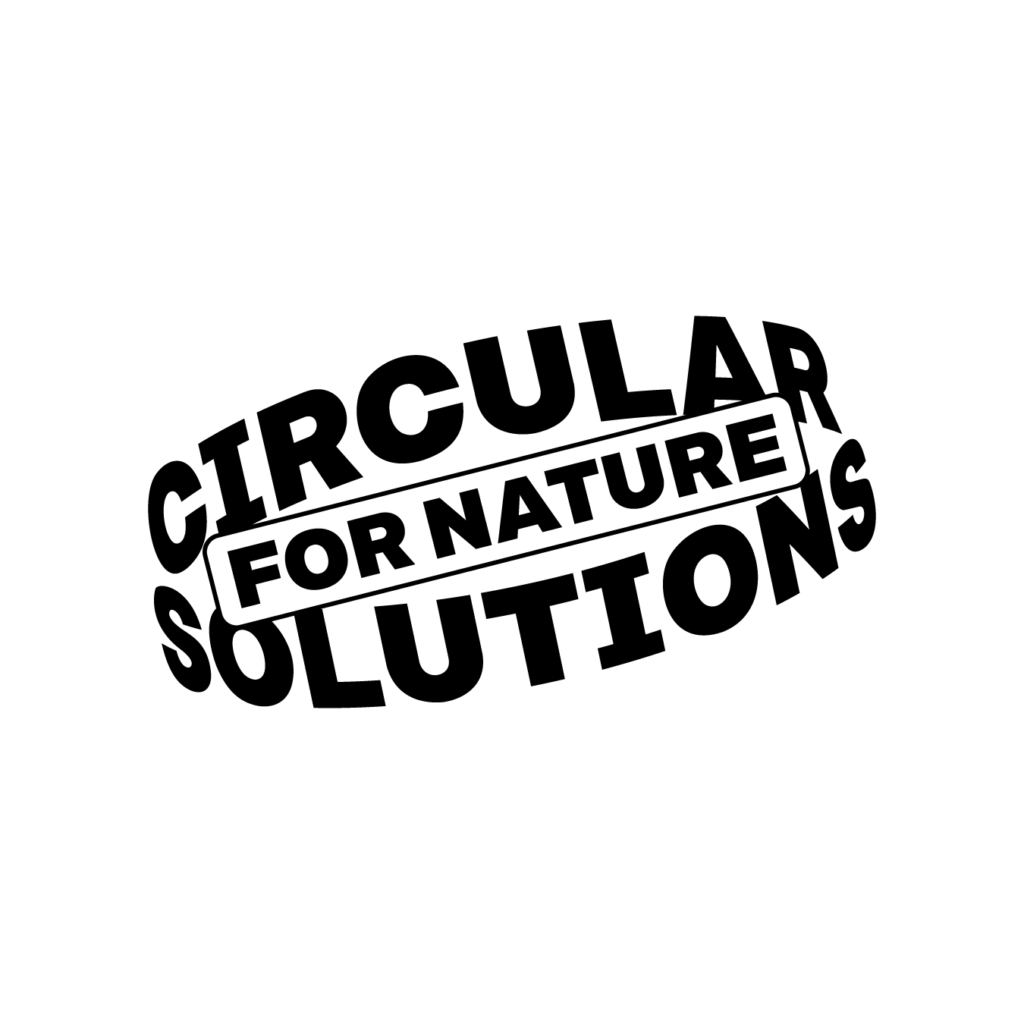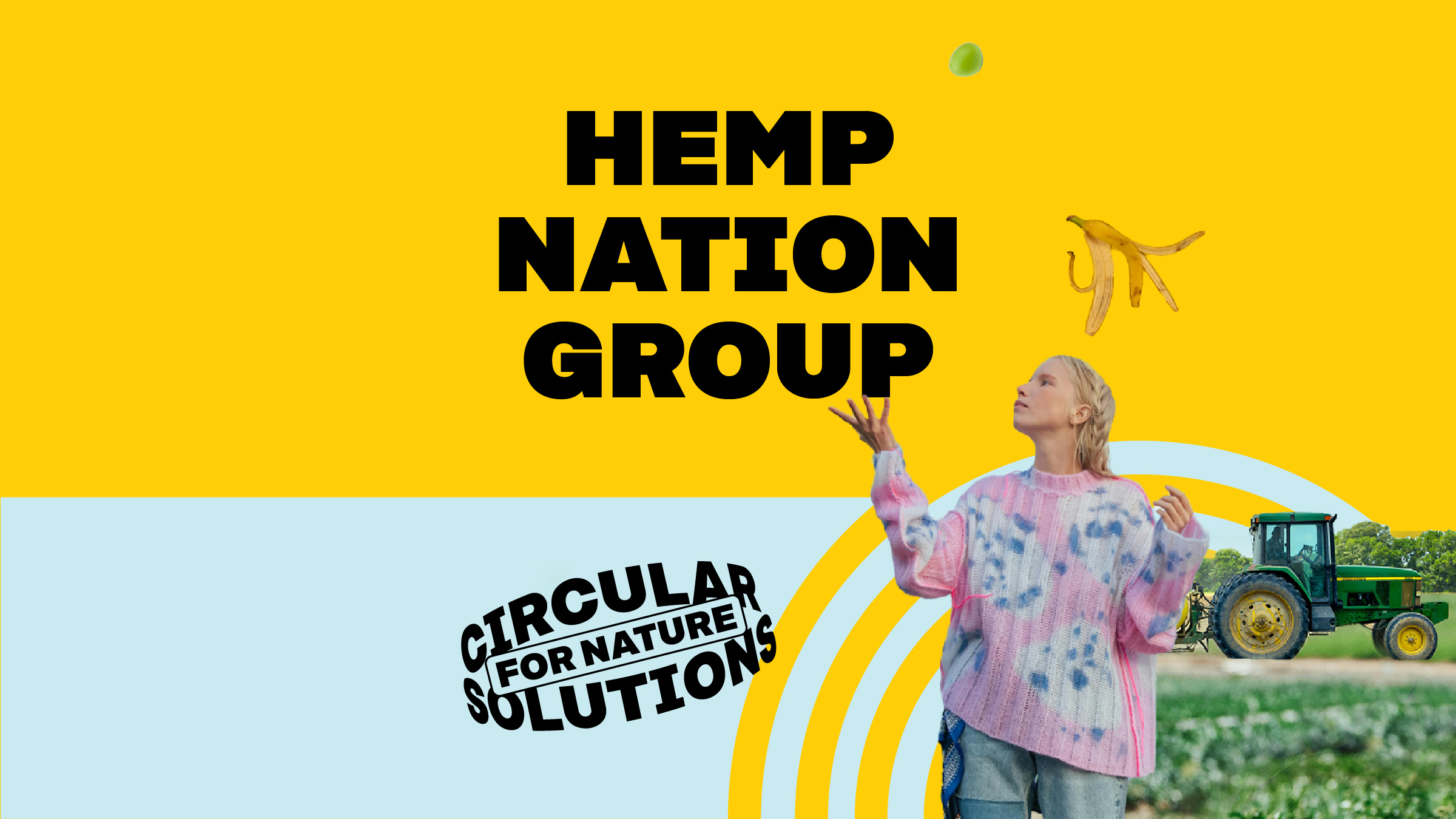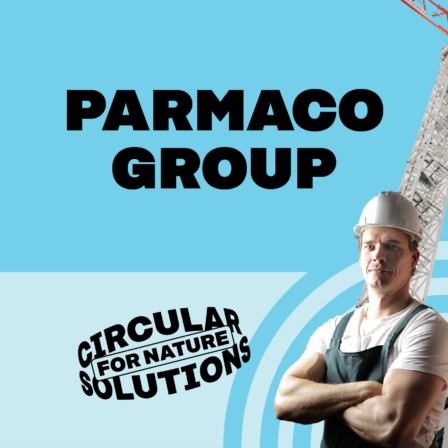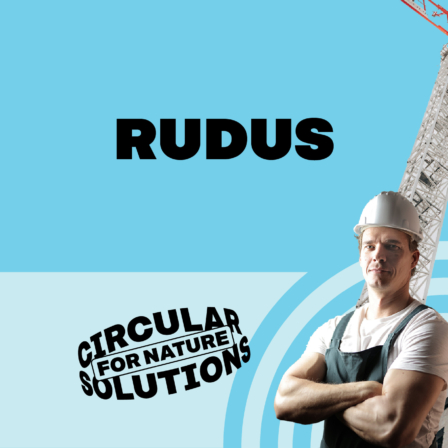Problem
Traditional crops can leave soil bare between planting seasons, making the soil susceptible to erosion by wind and water, potentially causing sediment build-up in local water bodies and the degradation of arable land. Using synthetic fertilisers and pesticides in traditional crops can also result in nutrient run-off, leading to water pollution and the eutrophication of water bodies.
Solution
The Hemp Nation Group uses hemp as a rotation crop, alternating its cultivation with other crops on the same parcel of land over different seasons. Hemp is particularly advantageous as a rotation crop due to its ability to build soil health, avoid soil erosion, promote aeration and break down pollutants (phytosanitation). The harvested hemp can be used in various industrial applications, making it a cornerstone for a regenerative circular economy.
“To reduce the need for land and the impact on nature, fast-growing crops can play an important role – even more so if they can be integrated into crop rotation and help build healthier soils.”
Riku Sinervo and Tim Forslund, Sitra
Biodiversity impacts
Hemp can contribute to reducing the conversion of additional natural areas to agriculture, while also reducing biodiversity impacts from conventional construction materials. By incorporating hemp into crop rotation, existing soils can be made more productive. Hemp can also actively absorb and remove pollutants during its growth cycle. This phytosanitation process contributes to soil health, helping to make better use of soils that may otherwise be too polluted to grow certain crops. The low susceptibility of hemp to pests also minimises the need for pesticides, contributing to a more regenerative agricultural system.
Benefits for the company
By harnessing the versatility of hemp, sustainable alternatives can be created for various applications, reducing dependency on traditional construction materials and meeting growing consumer demand for renewable materials, while also improving the productivity of soils.


































